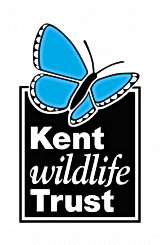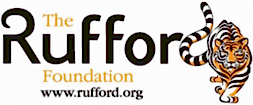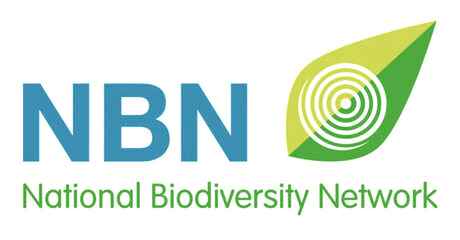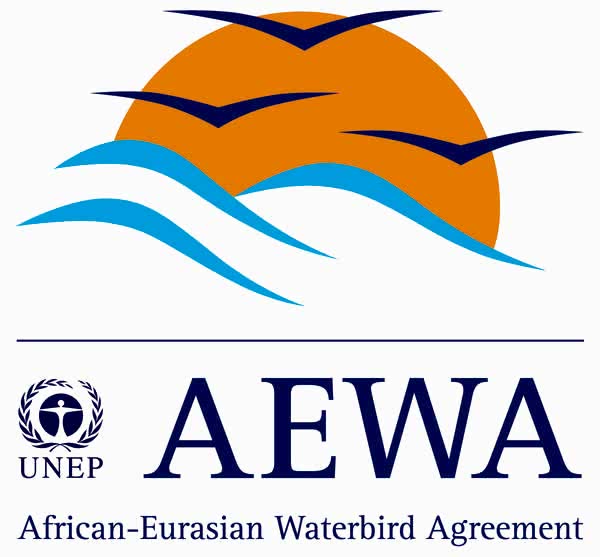High level of dietary pea protein concentrate induces enteropathy in Atlantic salmon (Salmo salar L.)
Published source details Penn M.H., Bendiksen E.Å., Campbell P. & Krogdahl Å. (2011) High level of dietary pea protein concentrate induces enteropathy in Atlantic salmon (Salmo salar L.). Aquaculture, 310, 267-273.
Actions
This study is summarised as evidence for the following.
| Action | Category | |
|---|---|---|
Use an alternative protein source: plant-based Action Link |
Use an alternative protein source: plant-based
A replicated, controlled study in Norway (Penn et al., 2011) found lower growth rates and weight gain in salmon (Salmo salar) fed diets containing plant-based protein sources compared to a fish meal diet (control). Salmon fed the maize and pea protein diets showed lower specific growth rates of 0.53 and 0.56, compared to the control diet (0.63). Feed conversion ratio was highest in fish receiving the maize or pea protein diets and final average weight gain was highest in the control group (1.05kg) compared to fish fed with soybean protein (0.96kg), maize gluten (0.85kg), pea protein (0.94kg) and a plant-based combination diet (1.01kg). Fat digestibility was highest in the fish meal diet, however protein digestibility was the same across all diets. High inclusion of pea protein inflamed the distal intestine in a similar manner to soy enteritis. Over eight weeks, five diets were fed to salmon. The control diet was based on fish meal (250g per kg). Three low fish meal diets (100g per kg) contained either 350g per kg pea protein concentrate, 300g per kg soybean protein concentrate or 300g per kg maize gluten. A further low fish meal combination diet comprised of 130g per kg pea protein concentrate, 105g per kg soybean protein concentrate and 105 g per kg maize gluten. Growth rates, final body weight, digestibility and morphological parameters were measured.




















